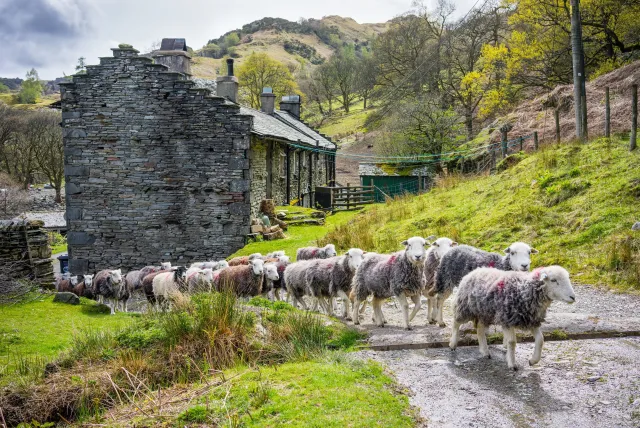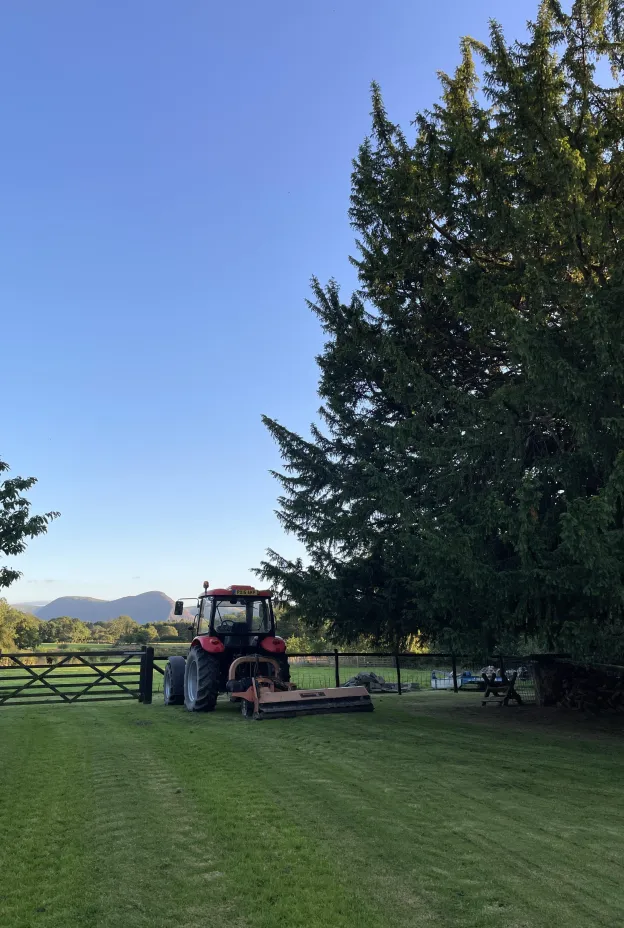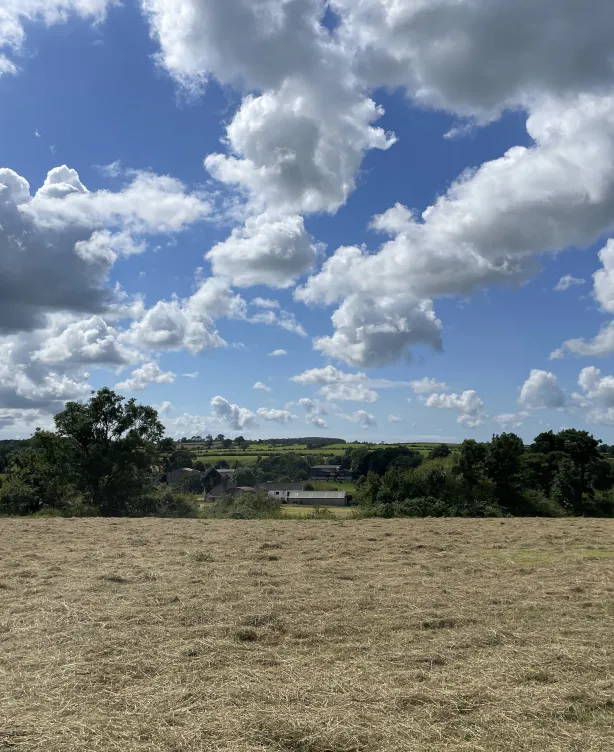View by category


Our climate is changing and agriculture has a real opportunity to be a part of the solution. Heard about the role agriculture plays in being a source of emissions and an opportunity to sequester, but not sure about why it is important, how the carbon cycle works or how to calculate and manage emissions on your farm? This course provides an insight into defining carbon and greenhouse gas emissions and an understanding how you, your business or that of your client’s, can benefit from putting a focus on carbon and contributing to net zero with positive benefits on productivity and profitability from greater efficiency.

There are five modules that make up this course. These include:


2 June
LANTRA LEVEL 2 AWARD IN RODENT MANAGMENT From January 2026, ALL users of professional-grade rodenticides will need an approved training certificate in rodenticide use. The certificate received on successful completion of this course assessment will be valid for 5 years and will allow farmers to…
2 & 3 June
British Wool’s experienced team of instructors will run more than 100 courses between April and August this year, offering tuition in machine and blade shearing and wool handling. Courses cover key topics relating to shearing such as health and safety, the shearing environment, equipment, shearing…
Flexible learning
Introducing Regenerative Agriculture: Core Principles. This course provides a detailed introduction to the core principles of regenerative agriculture and offers valuable insights into the benefits of adopting these principles on-farm.
Flexible learning
Discover the different types of habitats and species that can be found on the farm, along with the key ingredients for their successful management and the best strategies for targeting these options.

LANSS attending North Sheep

Learning About Landscapes: Understanding Tranquillity

Open Day at Growing Well Kendal